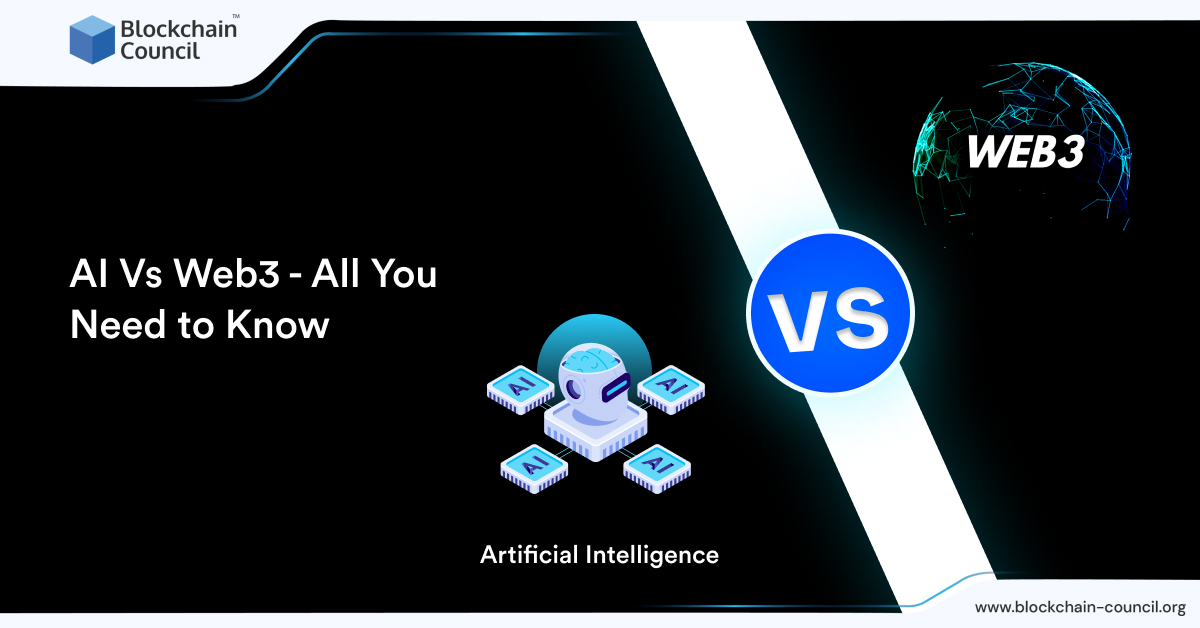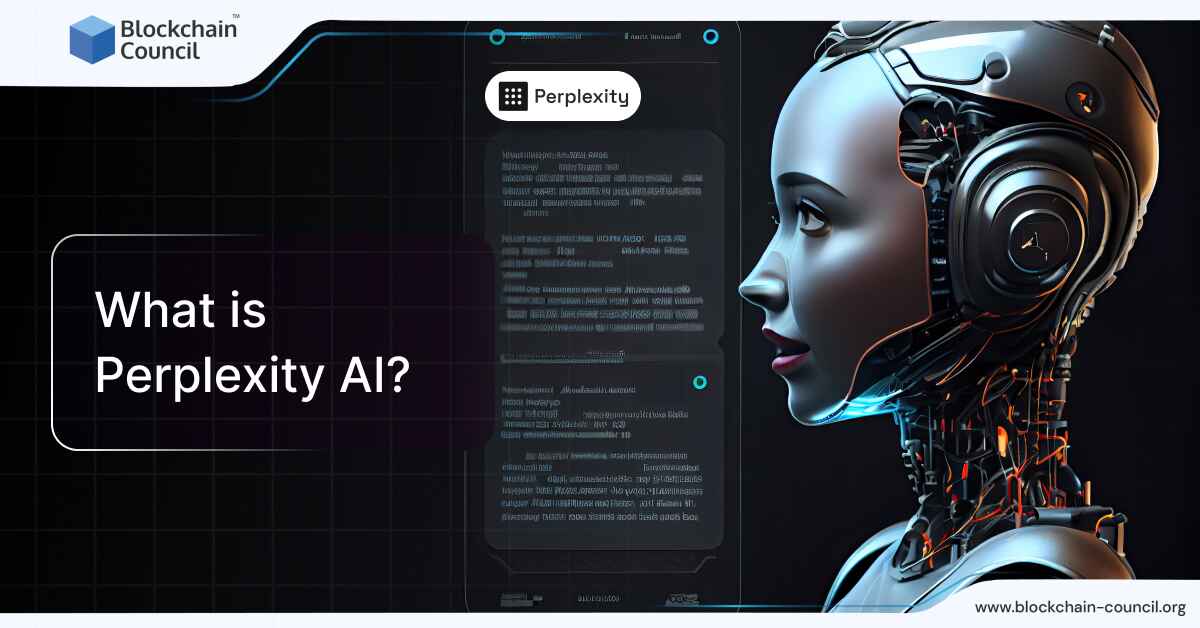
- Blockchain Council
- June 30, 2023
In the rapidly evolving landscape of technological advancements, Hindustan Unilever (HUL), a leading FMCG company, has embraced the power of artificial intelligence (AI) to revolutionize its innovation and manufacturing processes. By leveraging its agile innovation hub, HUL has not only expedited the product development cycle but also gained the ability to predict the potential turnover of its offerings. This strategic integration of AI technologies is propelling HUL to new heights in the competitive market, where staying ahead of trends and delivering consumer-centric products are crucial factors for success.
Situated at the heart of HUL’s headquarters in Mumbai, the agile innovation hub serves as the epicenter of the company’s visionary endeavors. This cutting-edge facility operates on three primary axes: consumer, customer, and operations. With its seamless accessibility to Unilever locations worldwide, the AI hub exemplifies HUL’s commitment to “Reimagine HUL” and is deeply integrated into the company’s business processes and category innovation programs.
At the AI hub, HUL’s team swiftly captures and assesses consumer signals, transforming them into potential product ideas. According to Vibhav Sanzgiri, executive director (R&D) and head of global skin cleansing R&D at HUL, this AI-led digital transformation serves as an enabler, enabling the company to navigate the rapidly changing consumer landscape. HUL recognizes that relying on traditional approaches is no longer sufficient, and thus, data, technology, automation, and artificial intelligence are harnessed to expedite the product journey. In his words, “This AI-led digital transformation is an enabler. The approach has evolved, and we realize that in today’s world, doing more of the same doesn’t help, and therefore, we use data, technology, automation, and artificial intelligence to fast-track the product journey.”
Also read: Best 50 AI Tools PDF
While an abundance of data is available at our fingertips, making sense of it all can be overwhelming. HUL realized the necessity of cutting through the noise and developed a pathway that links disparate datasets, ultimately generating valuable insights. Sanzgiri emphasizes the significance of AI-based analytical layers that augment human intelligence, enabling HUL to unlock emerging trends and create data-driven value-added information. By leveraging AI and machine learning, HUL generates a plethora of concept ideas, compares them to past innovations by both the company and its competitors, and fine-tunes the list to identify smaller yet impactful innovations.
Sanzgiri explains, “Our teams filter through the noise to stay on top of relevant data. We have created a pathway that links up the disjointed datasets to make sense. We then put an AI-based analytical layer on top, creating value-added data that helps teams unlock trends.”
The integration of AI empowers HUL to foresee potential turnovers and map out future opportunities up to five years in advance. Sanzgiri emphasizes that by combining AI capabilities with consumer response data gathered through rapid always-on digital panels, HUL can target the most promising prospects before they reach the mainstream market. This proactive approach grants HUL a competitive edge, enabling the company to anticipate consumer demands and tailor its offerings accordingly.
Sanzgiri proudly states, “Through our interconnected network of next-gen capabilities, such as the AI hub and the AMC, we have been successful in bringing down GTM lead times by a third. In some cases, innovations hit the marketplace in a matter of weeks and months versus years.”
HUL’s agile innovation processes extend beyond ideation and prediction. Augmented reality technology plays a pivotal role in visualizing product packaging on retail shelves and in consumer homes, allowing HUL to fine-tune designs and formulations. To gauge consumer response, HUL collaborates with sensory experts and engages thousands of consumers across India. The company’s advanced manufacturing center (AMC), located at the headquarters, simulates production processes in digital factories, accelerating scale-up without the need for time-consuming and costly factory trials. This forward-thinking approach has significantly reduced the time it takes for innovations to hit the market, in some cases from years to mere weeks or months.
Also read: Exploring the Contribution of Humans.ai in the AI World
HUL views the AMC as an integral part of its “labs of the future” concept, seamlessly transitioning products from development to nano and digital factories for mass production. This interconnected network of advanced capabilities, including the AI hub, fosters a perpetual cycle of innovation, scale-up, and digital operations. By bypassing the bottlenecks of traditional manufacturing processes, HUL can swiftly scale up successful innovations and bring them to market with unprecedented speed and efficiency.
HUL recognizes that innovation thrives in a collaborative ecosystem. To stay at the forefront of technological advancements, the company actively collaborates with startups, technology partners, and academic institutions. By leveraging external expertise and diverse perspectives, HUL remains agile and adaptable in an ever-changing market landscape. Looking ahead, HUL aims to further enhance its AI capabilities and leverage emerging technologies such as blockchain and the Internet of Things (IoT) to strengthen its supply chain and enhance consumer experiences.
The company understands the importance of data privacy and security, ensuring that robust safeguards are in place to protect consumer information. Beyond product innovation, HUL’s AI-driven approach also extends to sustainability initiatives. By harnessing AI to optimize processes, reduce waste, and enhance resource efficiency, HUL is committed to minimizing its environmental impact and contributing to a more sustainable future.
HUL’s integration of AI technologies, particularly through its agile innovation hub, has revolutionized the company’s approach to product development, manufacturing, and market success. By leveraging AI to anticipate trends, generate valuable insights, and predict potential turnovers, HUL has gained a competitive advantage in delivering consumer-centric products.
The company’s agile innovation processes, rapid prototyping, and advanced manufacturing capabilities have significantly reduced time-to-market and accelerated scale-up. Through collaboration and a forward-thinking mindset, HUL continues to push the boundaries of innovation while also prioritizing sustainability. As HUL paves the way for AI-driven transformation in the FMCG industry, its impressive turnovers and consumer-centric approach stand as a testament to the power of leveraging AI in business.
Also read: The Rise of Low-Code and No-Code Platforms for AI Applications





































































 Guides
Guides News
News Blockchain
Blockchain Cryptocurrency
& Digital Assets
Cryptocurrency
& Digital Assets Web3
Web3 Metaverse & NFTs
Metaverse & NFTs
